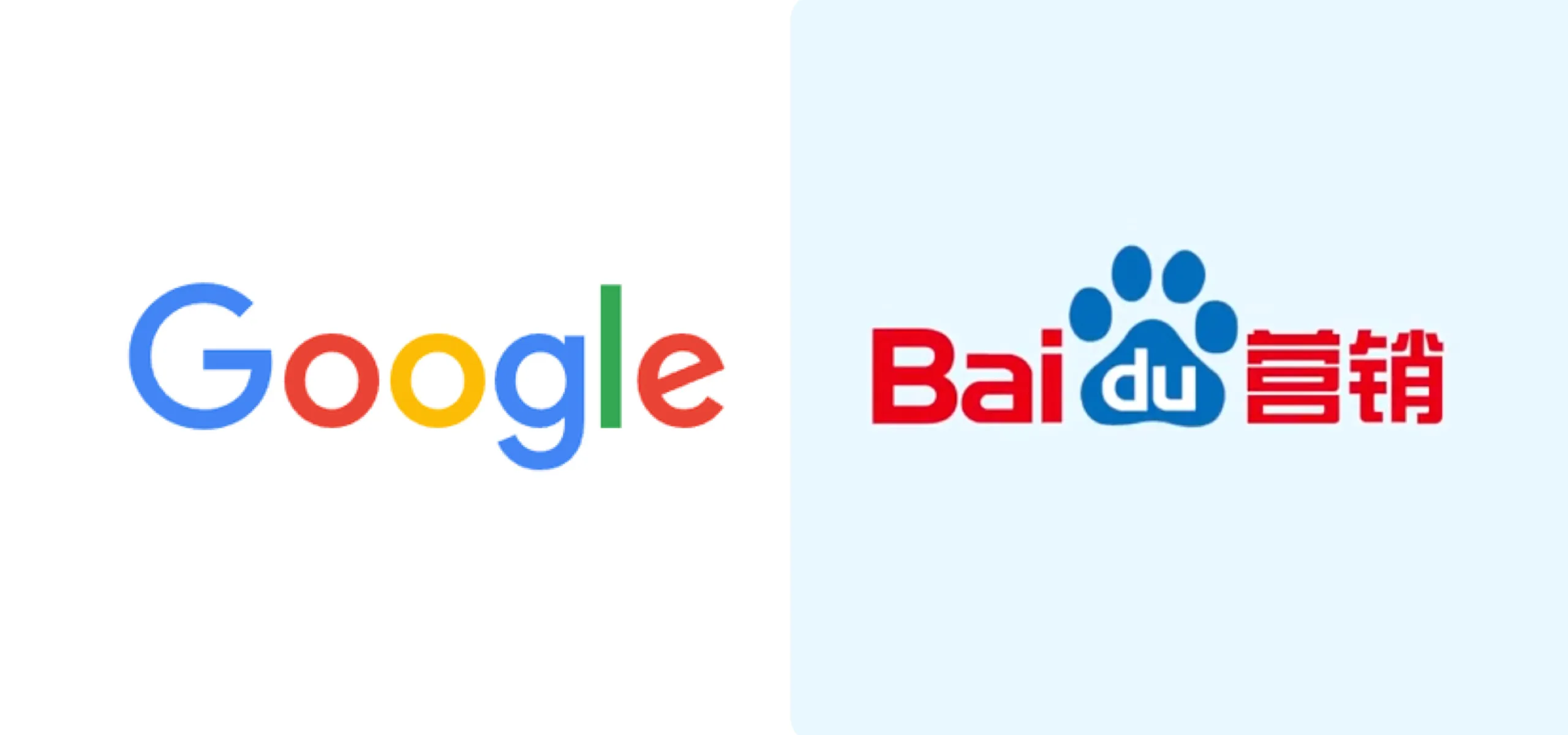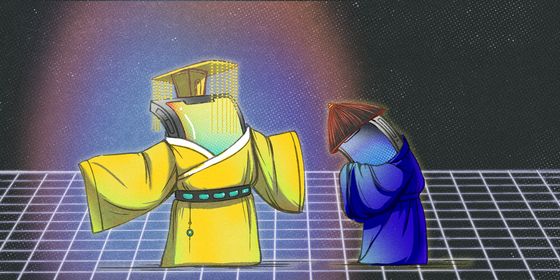Does a government-backed search engine have a chance at taking on the internet giants?
Last Thursday, a party themed “Goodbye to the Past” was held at Google China’s headquarters at Zhongguancun in Beijing. Google China is moving into a new building next month—some say in order to try new office styles, but given Google’s strained relationship with the authorities in China, it may also be a farewell to some tense memories.
Google is still not completely out of sight. There are now eight Google AdWords experience centers in China where Chinese enterprises could learn big data era methods of operation and carry out global brand marketing. In 2015, Google still had a market share of 2.1 percent in mainland China, despite its search engine and most other services being blocked.
But still, each year, a handful of Beijing citizens leave RIP flowers in front of Google China’s headquarters. In January, in the official New Year’s speech, the President of Google’s China Operations showed optimism and emphasized to his audiences in Chinese, “Google China has always been here!“
At the same time, in the search engine industry, on the other side of last week’s technology world in Beijing, several mainstream Party news outlet all turned their eyes on a “clean” and “authoritative” search engine—no, they weren’t talking about China’s market leader Baidu. This was all about ChinaSo.
Managed by the Propaganda Department of the Central Committee of the CPC, ChinaSo is a platform run by seven news organisations including CCTV, the China Daily, and Xinhua. With a multi-colored logo that bears a striking resemblance to Google, ChinaSo was born from the merger of two preexisting search engines, Panguso and Jike, which were also backed by the government.
According to Toutiao, on the 14th, 42,000 people searched for ChinaSo…using Baidu.
Launched at the beginning of last year, ChinaSo has flown below the radar and proved unpopular, until a conspiracy theory surrounding actress and director Zhao Wei gained traction thanks to gossip on NetEase, which fueled the offical account of the Communist Party Youth League. Basically, as the theory goes, Zhao Wei hired an actor who supports Taiwanese independence, and as comments critical of her appeared to have been scrubbed on Sina and Baidu (presumably at the behest of her capitalist cabal), the only solution was to turn to ChinaSo, a non-commercial, state-owned safe search engine immune to such capitalist infiltration.
So is ChinaSo gaining traction? Who knows. The two earlier state-led engines failed dismally after a string of attempts, so it will take a lot of progress to generate any positive expectations. ChinaSo is already doing better than any previous state-led search engines, while still trailing behind its privately-owned rivals.
Google first entered the Chinese market in 2004, despite the presence of its formidable rivals: Baidu and Yahoo, which respectively claimed a market share of 33.1 percent and 30.2 percent. Google complied with the local censorship regulations and launched its China subsidiary in 2006 with in-country servers.
And then it was the dynasty of Three Kingdoms. According to Analysis International, 2006 – 2007 witnessed an increasingly concentrated market for search engines in China. The market share of Baidu, Google, and Yahoo added up to 80.5 percent in 2006 and 91.2 percent in 2007.
In 2006, Baidu had 47.4 percent of the market, Yahoo had 18.2 percent, and Google had 14.9 percent. In 2007, Baidu rose to 57.6 percent, Yahoo dropped to 12.5 percent, and Google jumped to 21 percent, starting to overtake Yahoo by adopting more localized strategies.
The then two most popular search engines, Google and Baidu, both cooperated with the government in terms of censorship. Nonetheless, working under the informal motto “Don’t Be Evil,” Google tried to inform its Chinese users when certain results were blocked.
Meanwhile, several other local-based search engine platforms (Sogou, Sina iAsk, Zhongsou, NetEase) were all striving to gain popularity.
By 2009, Yahoo’s market share had dropped to 1.1 percent, while Baidu and Google almost completely captured the market, respectively claiming market share of 63.1 percent and 33.2 percent.
The year after, Google surprisingly found itself under attack from “a team of unusual criminals” who wanted Google’s confidential information; “bad guys” from China were stealing intellectual property and trying to access Gmail accounts.
Instead of pulling out immediately, Google announced plans to stop censoring results on Google.cn and disclosed the hacking attack in details to the public. Google.cn was soon shut down and users in China were directed to Google’s site in Hong Kong. Being subjected to the Great Firewall of China, Google’s traffic from the mainland dropped precipitously.
Six months after, at an elaborate ceremony in Beijing, the Communist Party of China proudly unveiled its latest invention: Goso, the first national search engine in the world, the forerunner of today’s ChinaSo. Goso was funded, created, and run by the Chinese party and renamed Jike in 2011, in the form of a joint venture. Eighty-one percent of its investment came from the newspaper People’s Daily, and the remaining 19 percent from People’s Daily Online Co.
In 2013, after three years of existence, Jike had exhausted the 200 million yuan investment from the People’s Daily and stopped updating. By August of the same year, Baidu had maintained its 63.1 percent market share, while another two commercial search engines, 360 Search and Sogou, respectively took 18.23 percent and 10.35 percent.
When it comes to 2016, in the first quarter, Baidu dropped to just over 50 percent, and 360 Search rose to over 30 percent. Sogou was still there, with a 7 percent market share, and the national search engine seems to be showing some signs of life. The newborn ChinaSo occupied a 1.1 percent market share, a record for any state-owned search engine. But only time will tell as to whether the Zhao Wei incident will contribute to further progress.
As for the future of search engines in China, an indispensable part of the digital lives of the Chinese, a Google China employee told Sina at the farewell party, “So we beat on, boats against the current, borne back ceaselessly into the past,” quoting from The Great Gatsby.
Sina found that quote “intriguing.”












